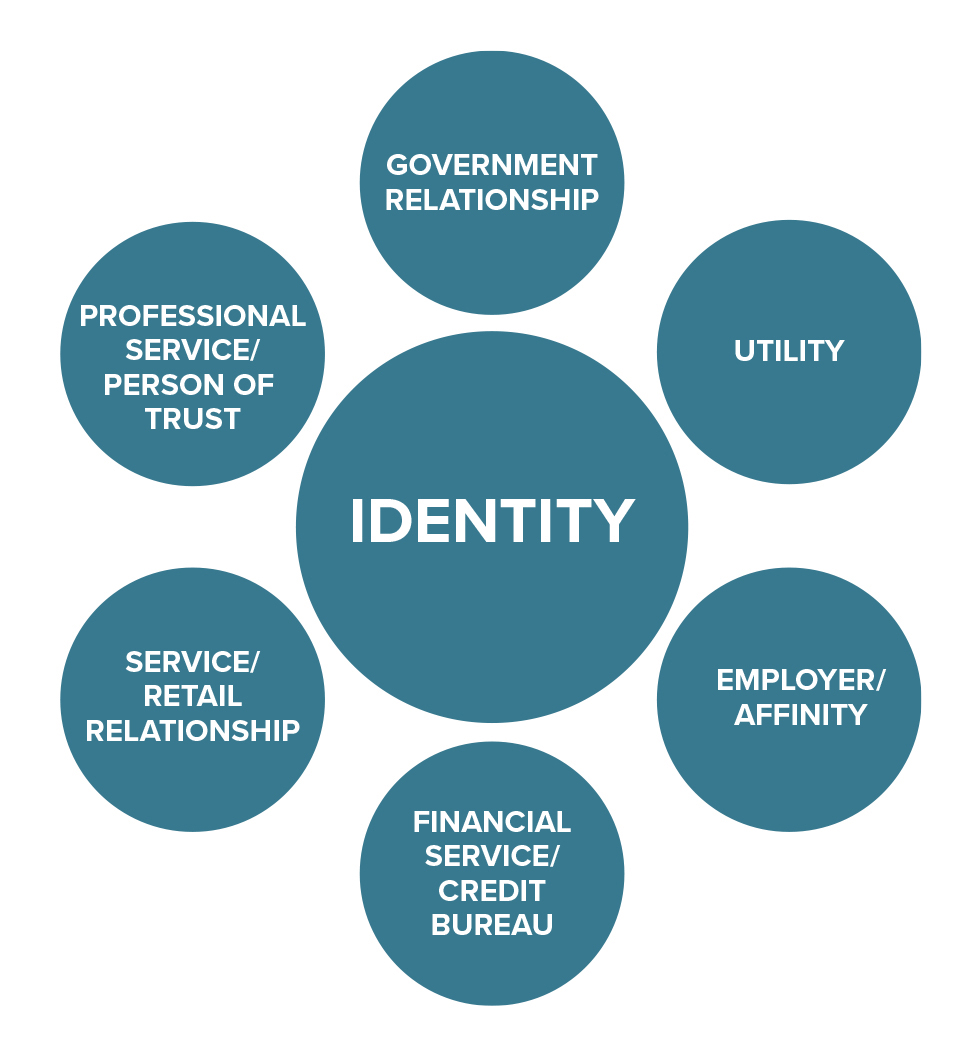
Digital Identity: The New Frontier in Personal Security
In an increasingly digital world, our personal security is more important than ever before. Our online identities are often our most valuable assets, and they need to be protected accordingly.
Digital identity refers to the collection of data that represents an individual online. This can include our name, address, date of birth, and other personally identifiable information (PII). It can also include our online habits, such as the websites we visit, the purchases we make, and the people we communicate with.
Our digital identities are essential for our interactions with the online world. We use them to log into our accounts, make purchases, and access services. However, our digital identities can also be used to track our movements, target us with advertising, and even steal our identities.
The risks to our digital identities are real and growing. In 2021, there were over 4 billion identity theft records exposed. This is a 20% increase from the previous year.
Cybercriminals are constantly developing new ways to attack our digital identities. They can use phishing emails and websites to trick us into giving up our personal information. They can also use malware to steal our passwords and other sensitive data.
The good news is that there are steps we can take to protect our digital identities. Here are a few tips:
- Use strong passwords. Your passwords should be at least 12 characters long and include a mix of upper and lower case letters, numbers, and symbols. Avoid using common words or phrases.
- Enable two-factor authentication. Two-factor authentication (2FA) adds an extra layer of security to your accounts. When you log in with 2FA, you’ll need to enter your password and a code that is sent to your phone.
- Be careful about what you share online. Don’t share your personal information with strangers. Be wary of clicking on links in emails or text messages from unknown senders.
- Use a VPN. A VPN (virtual private network) encrypts your internet traffic, making it more difficult for cybercriminals to track your online activities.
- Keep your software up to date. Software updates often include security patches that can help protect your devices from malware and other threats.
Protecting our digital identities is an ongoing process. By following these tips, you can help keep your personal information safe and secure online.
The Future of Digital Identity
The future of digital identity is bright. New technologies are emerging that will make it easier for us to manage our digital identities and keep them safe.
One of the most promising technologies is decentralized identity (DID). DIDs are digital identities that are not tied to a single organization or government. This makes them more secure and portable than traditional digital identities.
Another promising technology is blockchain. Blockchain is a secure, distributed ledger that can be used to store and manage digital identities. Blockchain-based digital identities are tamper-proof and can be shared with anyone, anywhere in the world.
These new technologies have the potential to revolutionize the way we interact with the online world. They will make it easier for us to control our digital identities and keep them safe.
Conclusion
Digital identity is the new frontier in personal security. By understanding the risks and taking steps to protect our digital identities, we can help keep our personal information safe and secure online.













